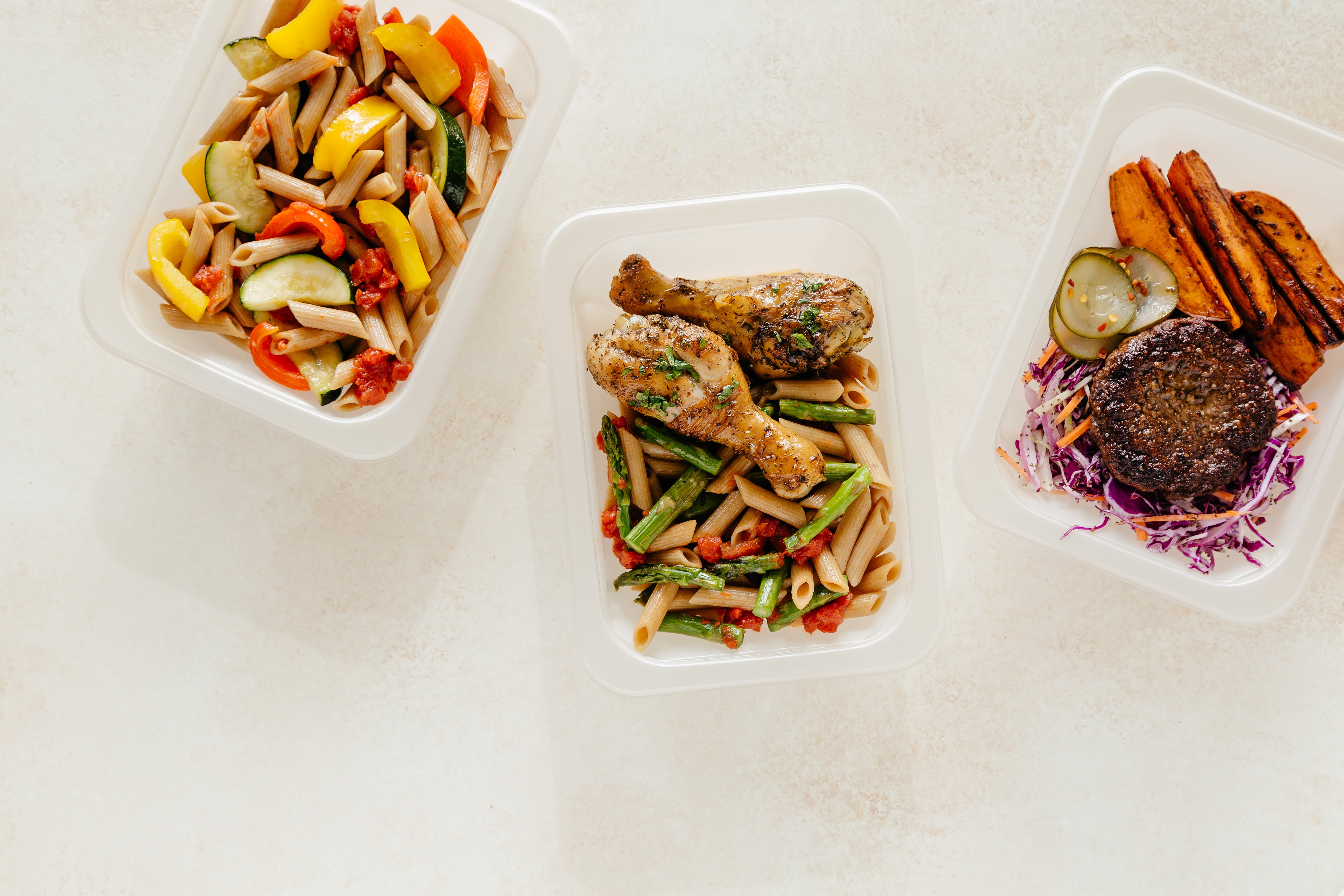As the food-as medicine movement continues to gain traction, meal delivery brand Mealogic is positioning itself as a partner for healthcare providers and wellness brands looking to offer personalized, diet-compliant, ready-to-eat meals without building a delivery infrastructure from scratch.
“Our long-term goal is to really see positive health outcomes in this country through basically incorporating healthy food into people’s daily regimen,” said Derek Mansfield, CEO of Mealogic. “We want to help those businesses – clinics, healthcare providers – that are offering food as a part of their holistic care,” and “be their partners to help drive what we call convenient compliance.”
The company, founded just over two years ago as an offshoot of direct-to-consumer healthy meal delivery brand Territory Foods, provides a white-labeled ecommerce platform for partners across the wellness and healthcare ecosystem.
For example, Mealogic’s work with Whole30 and the Whole30 elimination diet – which identifies food sensitivities by removing certain foods from the diet – allows consumers to order ready-to-eat meals that are compliant with the program. Users can order their meals on Mealogic’s ecommerce platform, which is a “Whole30-branded experience, but powered by Mealogic,” Mansfield explained.
Mealogic’s platform pulls from a dense database of thousands of recipes – each tagged with macro- and micro-nutrients – and allows clients to access only those meals that meet their dietary protocols.
For business owners or clinics, “you might say you need to have this kind of ratio of protein to fiber, or we want to eliminate these types of ingredients,” Mansfield said. “Only the menus that comply with their recommendation will be surfaced to their customers.”
This model saves clinicians time, and increases adherence, he added.
Instead of relying on patients to shop, prep and cook every diet-compliant meal, Mealogic allows them to stock ready-to-eat options in their fridge.
“They know exactly what the nutrition value is. They know they’ll be compliant. It’s delicious and it’s ready to go,” Mansfield said.
‘We are not producers of food’
Rather than operating centralized kitchens, Mealogic partners with local chefs and caterers across the country.
“We are not producers of food,” Mansfield emphasized.
The company’s chef partnerships align with its goal of ensuring “food should stay as local as possible,” Mansfield noted.
This shortens the supply chain and supports regional economies, and enables greater culinary authenticity.
“We have our Indian vegan chef creating our Indian vegan dishes. We have our Mediterranean chef creating our Mediterranean dishes,” he added.
Mealogic now delivers across the US, with local delivery in most major metro areas and FedEx/UPS-style service elsewhere.
“It really is going to depend on our business partners and where they have a focus,” said Mansfield. “But when I look at it from the macro level, it feels very much like a country-wide movement.”
Serving the food-as-medicine movement
Interest in programs that integrate nutrition into medical care is rising, particularly around specialized diets like elimination protocols, low-FODMAP options for gut health and high-protein meals tailored to GLP-1 users,” Mansfield said.
To meet this growing demand, Mealogic recently raised $16 million in funding led by S2G, with participation from Unilever Ventures, US Venture Partners and the Dohmen Company Foundation which focuses on reducing diet-related diseases.
“All the partners that have invested in this round really bring a lot to the table,” Mansfield said, adding that the capital will support investments in digital UX, product variety and business-to-business growth.
“We’re always looking to ensure that our end customers who are actually receiving and eating the food have the best experience in the industry,” he said. “We want to continue to invest to ensure that we maintain that really premium and differentiated experience.”
Despite the complexities of consumer nutrition today, Mansfield says he sees optimism in the growing overlap between healthcare and food.
“We’re seeing, I think for the first time in a long time, a real consolidated viewpoint that food does need to be part of the health conversation,” he said. “There seems to be a lot more integrative approaches to health” where “registered dietitians are really being part of every discussion now.”
As digital tools improve and care models evolve, Mealogic aims to propel this next chapter in food-as-medicine.
“Having this as a complementary program for a meal plan” for consumers “just takes a lot of that pressure off and then therefore drives even more compliance towards those positive health outcomes,” he added.




